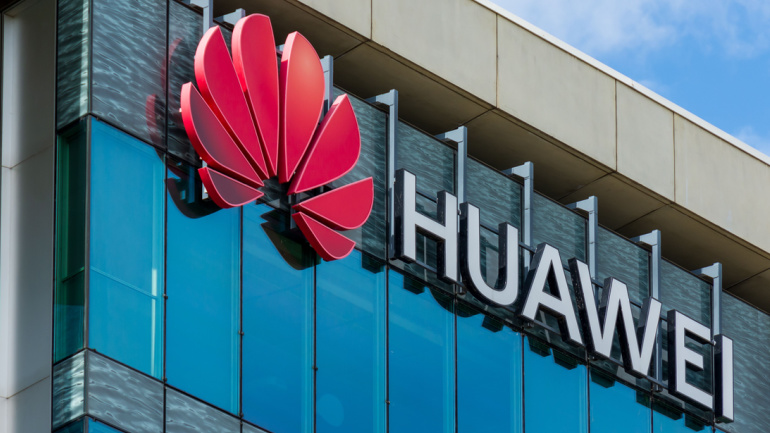In the ongoing technological rivalry between the United States and China, Huawei has emerged as a significant beneficiary, particularly in the realm of artificial intelligence (AI). The U.S. government, in its persistent efforts to hinder China’s progress in AI development, has implemented various bans on the sale of certain products from American companies to their Chinese counterparts. The focus of this battle shifted notably to AI over the past year, with China positioning itself as a frontrunner in AI, albeit still relying on U.S. company Nvidia for crucial high-performance chips.
In a significant move aimed at creating a formidable force in the telecommunications industry, Dish Network and EchoStar have officially concluded their merger. The strategic integration combines Dish Network’s satellite, streaming, and mobile operations with EchoStar’s robust satellite business, realizing the vision of establishing a ‘global leader’ in both terrestrial and non-terrestrial wireless connectivity.
The race for 5G supremacy is intense, and LexisNexis IPlytics explores the landscape in their 2023 report. CEO Tim Pohlmann notes a significant surge in 5G patents, with the top 10 players owning 76% of declared patent families. The US leads in patent volume, followed by China and Europe. Huawei dominates the top 50 ranking. Pohlmann emphasizes the role of Chinese companies, particularly Huawei, in shaping the 5G sector, extending their influence to the automotive industry
Nippon Telegraph and Telephone Corporation (NTT), NTT DOCOMO, and SKY Perfect JSAT join forces with Amazon’s Project Kuiper to turbocharge Japan’s telecom services. The partnership seeks to leverage Project Kuiper’s Low Earth Orbit (LEO) satellite broadband network, offering a breadth of connectivity to enterprises and government entities despite the nation’s geographical challenges. The strategic emphasis is on utilizing Kuiper’s capabilities for redundant communication networks, covering even hard-to-reach locations ramping up continuity of services after emergencies and natural disasters.
The UK government’s recent decision to continue a tax exemption policy marking network gear costs as deductible pre-tax profit boosts established telecom firms like BT, although smaller enterprises might not see similar benefits. This fiscal initiative heavily benefits BT in their £15 billion full-fibre project, increasing their capital spending by £300 million annually, expediting their fibre rollout to 25 million homes by 2026.
The UK’s Department for Science, Innovation and Technology earmarked £36 million from its budget for 10 regions, highlighting a drive towards 5G innovation. Projects range from enhancing port operations to supporting advanced manufacturing and boosting tourism. However, an interesting aspect to note is the unique applications, including agricultural advancements in Sussex and the creation of 5G science parks in Oxfordshire.
As Great Wall Motors’ subsidiary, EA, surges ahead in the sphere of intelligent equipment and automated production, one can’t help but note its acceptance of a 5G advanced network, shaking off constraining wired networks of yore. The move is tipping the scales in favor of increased efficiency and dependability in the production line, opening a new chapter in China’s modernization.
President Biden’s administration has launched an extensive review of over 2,700 megahertz of spectrum, perceiving its significant role in the nation’s technological leap. The initiative intends to implement a well-grounded American spectrum strategy, focusing on fostering tech advances, heightening public understanding about its economic role, and fostering a cooperative national framework.
At the Global Mobile Broadband Forum 2023, Ken Hu of Huawei underscored the impressive growth of 5G networks worldwide, signaling a transformative shift. With 260 5G networks serving almost half the global population, 5G is identified as the catalyst of synergistic growth in the B2B market. However, realization of its full potential will base on consistent network investment, as reiterated by Bruce Lam—CEO, Consumer, at Hong Kong Telecommunications.
Huawei’s Richard Jin turned heads at UBBF 2023 with a keynote speech outlining a future-oriented, three-phase network construction plan. This innovative plan hinges on enhancing video experiences, improving network user experiences and integrating AI. By striving to transition from traditional copper lines to FTTH all-optical networks, it aims to ensure seamless video interactions. Subsequently, it intends to cater to increasing demand for diversified digital applications via gigabit services. The finale points towards an AI-integrated, all-optical computing plan aligned with F5.5G development, potentially revolutionizing current industry norms.













